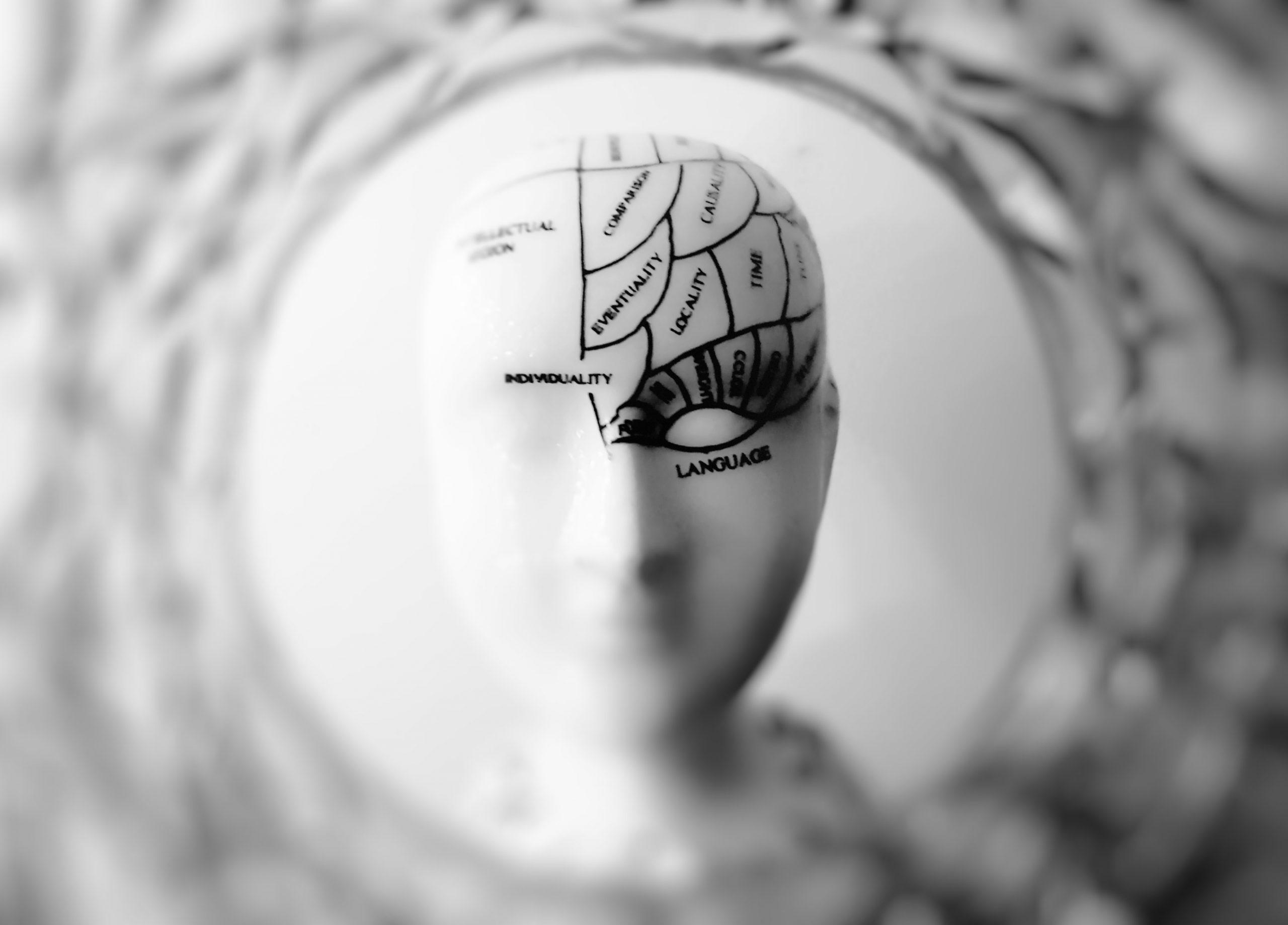In the past few years, natural systems of medicine have received much attention as people search for effective alternatives to the usual conventional medicine. These natural remedies can be traced to antiquity, presenting believers with hopes for cure and well-being through plants’ gifts.
Nevertheless, it is crucial to comprehend the advantages and disadvantages of those remedies because nowadays they are well-liked. This article will give the reader a clear understanding of widely used herbs, focusing on therapeutic properties, evidence, and risks.

The Rise of Herbal Remedies
Herbal medications are quite popular and have been used for ages by people of various cultures for health purposes. These remedies have, however, er found a place in modern societies because there is a shift towards natural products to treat diseases. Several factors contribute to this rise:
Cultural Heritage
Since time immemorial people of diverse cultures including the traditional African people have used plants in the treatment of diseases. Many forms of therapies like traditional Chinese medicine, Ayurvedic medicine of India and even the Native American healing streams have an enormous employment of herbal medicines.
Desire for Natural Products
People have shifted from chemical to more natural forms of treatments and remedies. Society is now trying to minimise the use of synthetic chemicals instead of opting for more natural products.
Scepticism towards Pharmaceuticals
Such factors as the side effects and the repercussions of synthetic substances have made people go for herbal treatments.
Understanding Herbal Remedies
Natural medicines are preparations obtained from different parts of the plant, such as the leaves, roots, flowers, and seeds. They can also be taken in the form of tea, tincture, capsules, or applied topically. Some popular herbal remedies include:
Echinacea: Usually recommended for increasing the defence mechanisms within the body.
St. John’s Wort: Typically used in the treatment of depression and problems with mood.
Ginkgo Biloba: Generally considered a means of improving the brain’s performance and memory.
Turmeric: They have anti-inflammatory and antioxidant effects that are well understood.
Benefits of Herbal Remedies
Natural Healing Properties
Several of the herbal remedies provide natural treatments that could be used in place of or along with the modern conventional cure. It can be seen that ginger is well-known for its properties as an antiemetic remedy and a digestive aid. The spice turmeric and its main component, curcumin, are highly effective in the management of inflammation.
Ginger
In pregnancy and chemotherapy, it has been found that ginger can be as potent as most over-the-counter drugs in terms of eradicating nausea and vomiting.
Turmeric
Research evidence also reveals that curcumin, which is found in turmeric, has efficacy in lowering inflammation and the symptoms of arthritis.
2. Holistic Approach to Health
Most means always tend to embrace a comprehensive solution to health problems; this is because their remedies do not only deal with the body, they also tackle the soul and the whole being. Stress-busting herbs such as ashwagandha and Rhodiola are also known ttonifyfy the body, hence helping the body to gain balance.
Ashwagandha
It is one of the adaptogenic plants that works to decrease stress, fend off sleeplessness, as well as boost overall health.
Rhodiola
Praised for its ability to increase energy, decrease tiredness and increase attentiveness.
3. Fewer Side Effects
Altogether, the side effects of the herbal treatments are less severe than those of the synthetic drugs. For example, chamomile tea has been identified to cure anxiety as well as insomnia and has been proven to have few side effects, unlike other drugs available in the market.
Chamomile
Used as a natural remedy for anxiety, chamomile can be effective in improving sleep and being free of any dependence, contrary to some sleeping pills.
Peppermint
Relieves the symptoms of irritable bowel syndrome (IBS), peppermint oil is as effective as some prescription drugs, yet it produces fewer side effects.
4. Accessibility and Affordability
The herbal remedies are cheaper and easily available than the prescribed medications. Some of the herbs commonly used can be grown at home or even bought at cheaper prices, especially for people with little or no access to a doctor.
Homegrown Herbs
Many commonly used medicinal plants, such as basil, rosemary and thy, can be grown commercially and at one’s own home.
Affordable Alternatives
Chamomile or peppermint teas are examples of herbal teas that can be effectively bought for a fraction of the cost of some of the over-the-counter medications.
5. Supporting Traditional Knowledge
To maintain and sustain traditional wisdom and utilization of therapies, employing herbs is efficient. The legacy of indigenous and rural people is that they rely on plants in their traditional practices for cure and this is why education is critical now.
Indigenous Practices
The local communities’ knowledge and experience in the use of the plants and their products are quite extensive. Promoting these practices assists in the maintenance of culture and historical past information.
Rural Healthcare
To the people living in the countryside who rarely have an opportunity to get into formal health facilities, medicinal plants offer a basic means of enhancing their health and preventing diseases.
Risks and Considerations
Nonetheless, it is vital not to overlook the fact that, like with every medicinal product, there are risks that come with using herbal remedies.
Lack of Regulation
That is why one of the biggest issues that arose in the course of studying the effectiveness of herbal remedies is that the latter are not regulated at all. Unlike pharmaceuticals, several herbs have no standard research body that checks on their efficacy and the side effects that may be associated with their use. This leads to variable potency and purity, and hence potentially toxic effects on the consumer of such drugs.
Quality Control
Here lies the problematic area because while there is no upward standardisation of the regulations, the quality of these products may also differ greatly. There may be the presence of one or several types of hazardous compounds, including heavy metals, pesticides, and others.
Standardization
Compounds derived from herbs are easily affected by the growth media, kinds of harvesting, and processing, which cause differences in active points.
Interactions with Other Drugs
Herbal supplements can cause interactions with prescribed drugs, and this can at times be fatal. For instance, St. John’s Wort interferes with the efficiency of oral contraceptives and specific sorts of anti-depressants; ginkgo biloba elevates the risk of bleeding when joined with blood thinners.
St. John’s Wort
Some of the medications, when taken with this herb, may be broken down faster by liver enzymes, hence less effective medications. It can also mingle with such drugs as antidepressants, which can cause a condition known as serotonin syndrome, which is dangerous.
Ginkgo Biloba
Ginkgo is believed to influence blood clotting, and therefore, when taken together with anti-clotting agents or antiplatelet medicines, the chance of bleeding is boosted.
Allergic Reactions and Sensitivities
It should also be noted that certain herbs, depending on the person, might cause adverse reactions such as allergies and sensitivity. For example, an individual with ragweed allergies will also have an allergic reaction to echinacea. As with any medication, it is recommended to get professional advice regarding one’s allergies to the use of herbs.
Echinacea
This may trigger allergic effects in persons with known allergies to plants in the daisy family. The manifestations of the disease depend on the degree of allergization and can vary from a simple rash on the skin to anaphylactic shock.
Peppermint
Despite being safe to consume, peppermint has side effects of allergy that include skin rash, headache, and heartburn more garners in some people.
Misuse and Overuse
The consumer again and again tends to assume that anything that comes naturally cannot or will not harm, and this creates the potential for products to be abused and overused. It was noticed that consumption of some herbal products at higher doses leads to toxicity and side effects. For instance, kava, utilised for treating anxiety, if taken in large amounts, can cause dreadful liver injury.
Kava
Kava consumption has negative effects, such as hepatic cell damage, hepatitis or cirrhosis, and liver failure if the drinker takes too much kava.
Licorice Root
This substance is also called glycyrrhizic acid; excessive use of liquorice root may lead to pseudoaldosteronism and complaints like high blood pressure, low potassium, and weakness of muscles.
5. Variable Quality and Contamination
It should be noted that the quality of manufactured products based on herbs may differ substantially. Others may contain heavy metals, pesticide residues, or any other unsafe compounds. The following is a guideline on how to select the right herbs touses., The source of the herbs is very important and should be from a reputable dealer.
Contaminants
This particularly applies to herbal products, which may be sourced from unreliable sources and may contain some of these dangers, including Heavy metals, Pesticides, or microbes.
Reputable Sources
As a rule, it is necessary to buy herbal products in a specialised store where the suppliers meet the standards of GMP.
Popular Herbal Remedies: Benefits and Risks
1. Echinacea
– Benefits: Enhances immunity, aiding in the shortening of periods of common cold.
– Risks: Risks of allergic reactions, especially if the patient has an allergy to plants of the daisy family.
2. St. John’s Wort
– Benefits: Used for moderate to mild depression; has a positive effect on mood.
– Risks: Risks have moderate interaction with several drugs like anti-depressants, contraceptives, and blood thinners.
3. Ginkgo Biloba
– Benefits: Good for memory and brain, circulation.
– Risks: Higher blood loss potential, a special issue for people using anticoagulants or antiplatelet agents concurrently with a nonsteroidal anti-inflammatory drug.
4. Turmeric
– Benefits: Anti-inflammatory, contains antioxidants, may help to lessen the signs of arthritis, and relieve joint pain.
– Risks: May cause stomach upset, and may interact with anticoagulants such as warfarin.
5. Garlic
– Benefits: Reduces blood pressure and cholesterol and has antimicrobial activity.
– Risks: May result in mouth odour, Gastritis, or even the formation of blood clots.
6. Ginger
– Benefits: It helps in reducing nausea, helps in digestion, and has anti-inflammatory effects.
– Risks: May result in heartburn and gas formation, nd it is also known to affect blood-thinning products.
7. Peppermint
– Benefits: It helps with digestion, decreases the instances of headaches, and has antimicrobial effects.
– Risks: It may sometimes trigger the occurrence of heartburn and, in some special cases, allergic reactions.
Best Practices for Using Herbal RemediesTo
maximise the benefits and minimise the risks of herbal remedies, consider the following best practices:
Consult a Healthcare Provider
Before embarking on any herbal products or supplements, one should consult their respective healthcare provider, particularly if one has other health complications or is on other health products.
– Professional Guidance: It is advised that a healthcare provider should be consulted to establish the right portion size, and also to check for possibilities of contra-coupling and oversee the effects of the medicine.
– Personalised Advice: Professional healthcare givers are in a position to advise patients depending on their health profile and condition.
Research and Educate
Read more on the individual herbs that you intend to use, their effects on the body, side effects, and the recommended proportions.
– Credible Sources: Avoid unfounded online herbs as well as sites that offer herbal remedies without any proven research; try to look for scientific research, online sites, and scholarly books or articles by practising herbalists.
– Continuous Learning: Informed with new ideas and news in the area of study involving the use of herbs in medicine.
Choose Reputable Sources
Herbal products should be bought from accredited shops which are recommended by a healthcare provider.
– Third-Party Testing: The ideal products should be certified by third-party laboratories for the quality and purity of the ingredients.
– Certification: Always go for products that are accredited by bodies such as the United States Pharmacopoeia (USP) or the National Sanitation Foundation (NSF).
Monitor for Side Effects
As for side effects or adverse reactions, patients should be aware of these events and should cease the intake of the supplement immediately if they experience any of these symptoms.
– Immediate Response: If you develop any of these symptoms of a rash, itching, abnormal sensations, nausea, vomiting, heart distress, or any other signs for that matter, you should cease the use of the herb and contact a qualified healthcare provider.
– Document Changes: The main task is to maintain a record of the changes in symptoms or any side effects they experience to be shared with the doctor.
Use as Directed
There is normally a standard dosage that should be taken, and one should not be tempted to take a larger intake, thinking it will have a better healing effect.
– Dosage Instructions: Take this medication in the dose prescribed by the manufacturer or the doctor to avoid the side effects.
– Regular Reviews: It is advised to check with your healthcare provider at least once in a while to see whether the herbalist regimen you are using is still suitable for you.
Conclusion
Nowadays, people are more concerned about natural ways and products and herbal remedies can provide several advantages for the overall treatment process. But as with every method they have their pros and cons which have to be weighed properly.
According to the consequent survey of the healthcare professionals and extensive research, along with using proper sources, people benefit from herbal remedies with the least risk factors.
Like any other treatment, people must learn to use natural remedies with knowledge and moderation to benefit from the curative effects of nature. You can read more related posts on our medicine and health page of the site.










